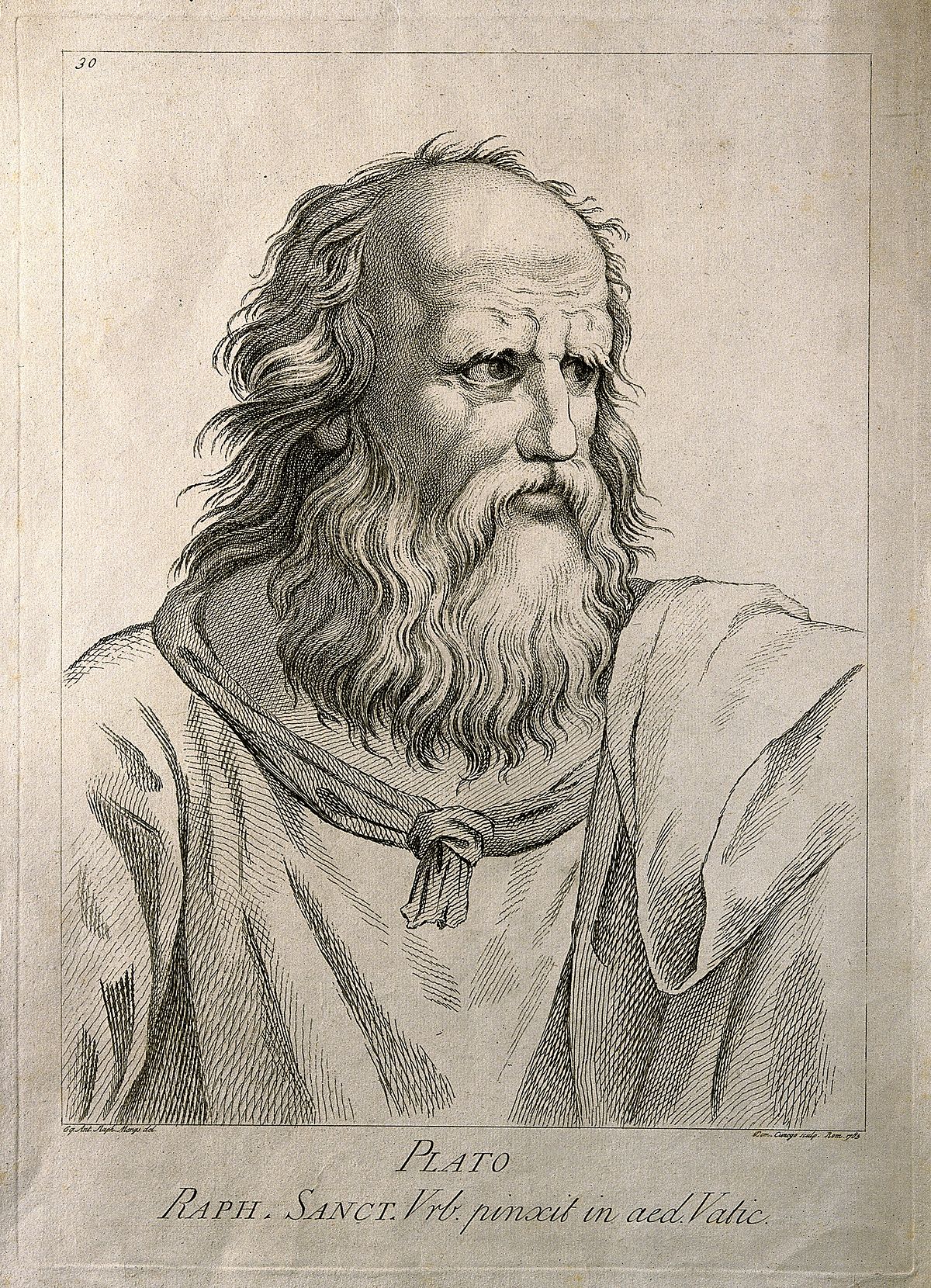Greece
Legend has it that classical Greece began with the first Olympic Games in 776 BC, held in honour of the God Zeus and the inspiration for the Olympic Games we know today. Ancient Greece has also been the inspiration for many other institutions and systems of Western civilization, including its concept of the city or ‘polis’ and its ideas about the role and function of politics. In this part of the course we will explore some of the ideas from the classical Greek world relating to social and civic life. We will introduce Plato’s Republic and look at the concepts of Individual, Society and State in their original meanings, as well as the ideas of justice, education and the ‘philosopher-king’, the famous Allegory of the Cave and the five forms of government according to Plato.




